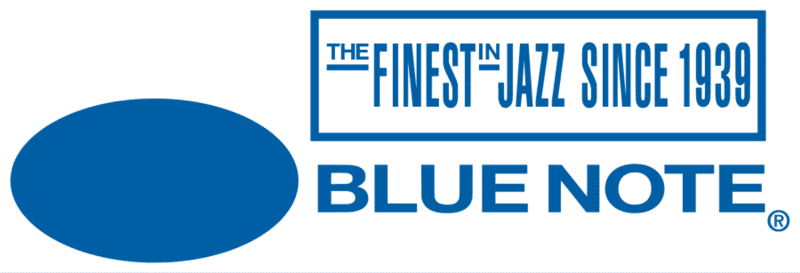Underground Music is a big fan of jazz, and most specifically albums pressed by Blue Note Records — an American jazz record label owned by Universal Music Group and operated under Capitol Music Group. Blue Note was established in 1938 in Los Angeles, California and took its name from a combination of the blues scale in jazz and, of course, the blues itself.
Founded by Francis Wolff, Alfred Lion and Max Margulis, the record label initially started out dedicated to recording traditional jazz and small group swing, but by 1947 it had transitioned to modern jazz.
The record label is arguably one of jazz music’s most iconic labels and intriguing stories: both Lion — a passionate jazz fan and Wolff — a photographer —were German Jewish immigrants from Berlin. Margulis on the other hand was an established American musician and writer. On January 6, 1939, Lion produced a recording session in New York City with two Boogie Woogie pianists which would then become Blue Note Records. Lion, together with Wolff and recording engineer Rudy Van Gelder and graphic designer Reid Miles, would go on to build an elaborate portfolio of recorded jazz music while Margulis funded the label by putting up a large sum of the initial money.
Blue Note Records’ claim to fame was its association with the “hard bop” form of jazz, which is mixing bepop with other styles of music such as soul, blues, rhythm and blues and gospel. Some of the label’s top artists ranged from Horace Silver, Jimmy Smith and Freddie Hubbard to Lee Morgan and Grant Green among many others.
The label’s first commercial success came at the hands of a June 1939 recording of Sidney Bechet’s version of Gerswhin’s Summertime, which would become a key role in the label’s history.
In 1941, Lion was drafted into the army where he served for two years. Milt Gabler from the Commodore Music store stored the label’s facilities. With Wolff, the two kept the catalogue in print until Lion returned. By the end of 1943, the label was back with musicians recording and providing records to the armed forces.
Fast forward to 1947 when the label made the transition to modern jazz, and four years later in 1951 Blue Note Records released its first vinyl 10” records. The years 1953 and 1954 are considered perhaps the most critical in the label’s history, with 15 and 13 recordings in each year, respectively, after only having six and eight in 1951 and 1952. Recordings in 1953 and 1954 include ones from Bud Powell, J.J. Johnson, Miles Davis, Art Blakey and Clifford Brown. Other dates included ones with John Collins, Tal Farlow, Urbie Green, Kenny Drew, Elmo Hope and George Wallington.
By 1965, Blue Note Records was acquired by Liberty Records; it was only two years before Lion retired — allegedly due to difficulties working with a bigger company — while Wolff died in 1971. In 1979, EMI records purchased United Artists Records, which acquired Liberty Records in 1971 and phased out the Blue Note label until 1985 when it was rebranded as EMI Manhattan Records.
In 2006, EMI expanded Blue Note to launch Blue Note Label Group and moved its Narada group of labels to New York and combined with Blue Note under the names Angel Records, EMI Classics and Virgin Classics, Narada Productions, Higher Octave Records and Mosaic Records.
While Blue Note Records has evolved dramatically over the years, its passion for jazz music in all of its variations remains the same.
Case in point, the record label launched its Tone Poet Audiophile Vinyl Reissue series in 2019, and is continuing the series into 2020. The series launched as part of the label’s 80th anniversary and features all-analog, 180g audiophile reissues mastered from the original tapes by Kevin Gray of Cohearent Audio.
Titles are picked from Blue Note Record’s catalog ranging from underrated classics, modern era hits and albums from other labels under Blue Note Records such as Pacific Jazz and United Artists Records
The Tone Poet Audiophile Vinyl Reissue series began on February 28 with four releases. The latest release came on March 27 of Herbie Hancock’s The Prisoner from 1969. Upcoming releases range from Lee Morgan’s The Cooker originally released in 1957 and Duke Ellington’s Money Jungle from 1957 to Lonnie Smith’s All in My Mind first released in 2017.
Over the course of the year, jazz fiends can expect at least two releases per month. Head into our store in downtown Vernon’s cultural district and see how many choice Blue Note pressings you can find!
Blue Note Records
March 30th 2020

